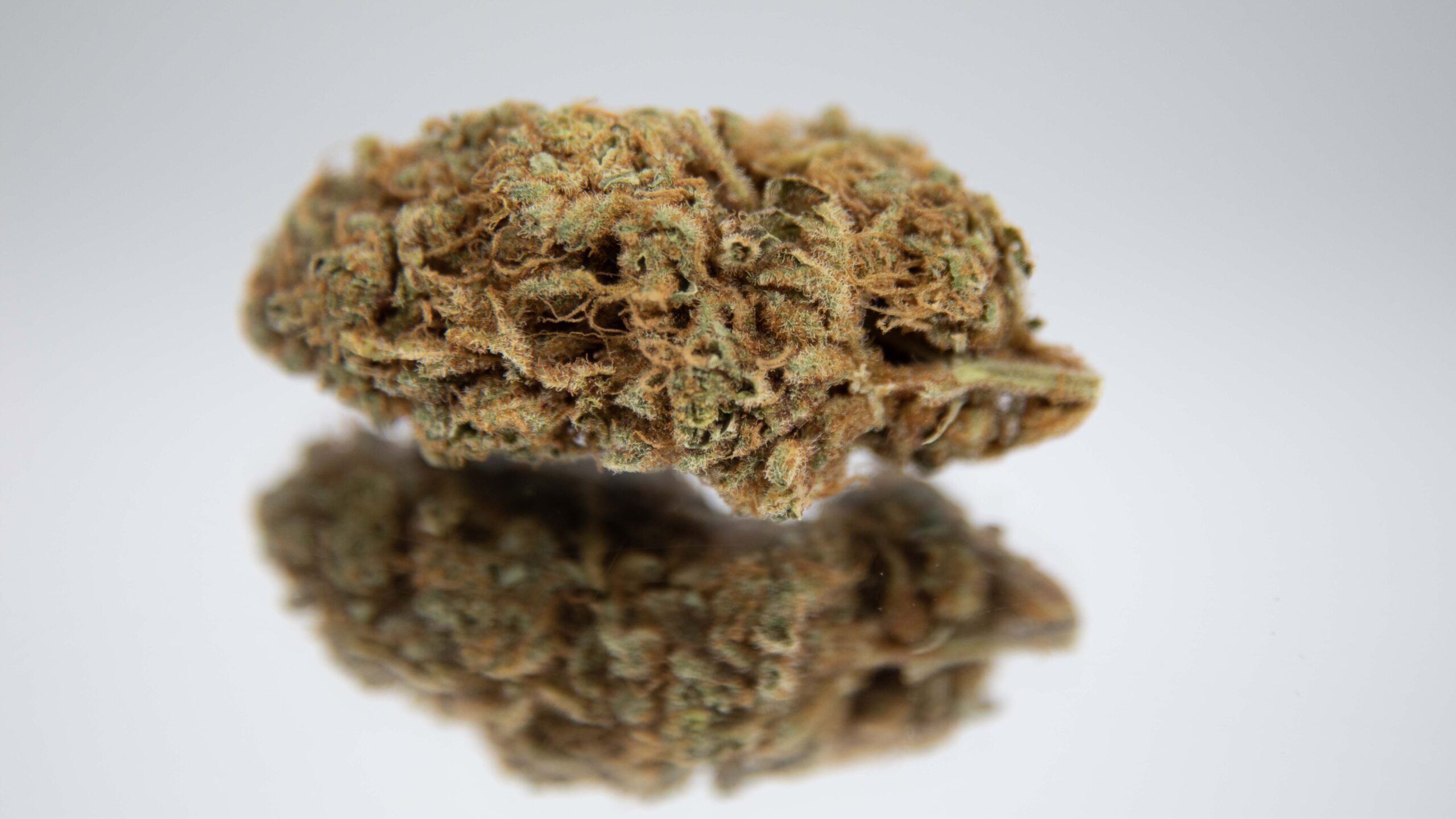The idea of owning a cannabis strain—or its genetic rights—via a blockchain-based non-fungible token (NFT) has captured both the imagination of tech-savvy consumers and the attention of innovative companies. But while early pilots and conceptual drops exist, real-world adoption remains nascent. Here’s what trusted industry sources and reports say about whether this will become a lasting reality.
1. Existing Cannabis NFT Projects — Art, Loyalty, and Conceptual Strains
Several early cannabis–NFT experiments have already occurred. Projects like Digi Strains by Peakz Company offered digital representations of cannabis strains, selling collections via OpenSea. Each token depicted a strain in stylized form, sometimes fetching many times their original mint price.
Crypto Cannabis Club (CCC) took the next step by tying NFT membership prospects to real‑world cannabis benefits: NFT holders gained discounted access to packaged flower via a California distribution partner. Meanwhile, Evergreen Growers LLC is exploring NFTs as membership cards, loyalty rewards, and strain‑related artwork tied to their premium products.
Notably, in December 2021 ACS Laboratory and partners introduced a cannabis strain Certificate of Analysis (COA) as an NFT—an immutable proof of a strain’s lab profile rather than the strain itself.
2. Blockchain, Gene Sequencing, and Traceable Ownership: Dr. Green’s Model
Dr. Green NFT represents one of the most advanced and structured attempts to bridge cannabis genomics and NFTs. Its “Digital Key” tokens, built on Ethereum, grant holders access to a fully licensed cannabis operation in Portugal, backed by INFARMED, and enable international trade in legal markets via a supply‑chain infrastructure. The model leverages whole‑genome sequencing to digitally fingerprint strains and trace them from seed to sale on blockchain ledgers.
Holders operate as lead‑generators or affiliate distributors, earning commissions without handling physical product—an innovative intersection of NFT utility, compliance, and entrepreneurship.
3. Fractionalization and Intellectual Property Models
TrufflezNFT, launched in Los Angeles, tokenizes IP rights tied to proprietary cannabis strain rooms in a licensed grow facility. Each NFT represents fractional ownership in room‑level intellectual property and merchandising, with revenue share tied to sales success. This version of strain‑oriented NFT is not the plant itself, but a business/IP stake based on strain performance.
Meanwhile, blockchain fractionalization concepts are developing in general NFT research. A new academic standard advocates secure, interoperable fractional ownership for high‑value token assets—potentially enabling collective ownership of expensive strain IP in the future.
4. Legal and Regulatory Uncertainties
NFTs represent ownership only of the token—not copyright, seed rights, or legal control over genetics—unless explicitly governed by contract. As noted in general NFT law literature, blockchain ownership doesn’t automatically convey IP or cultivation rights, and legal frameworks are still struggling to catch up.
In the cannabis space, federally illegal status in the U.S. complicates cross‑jurisdictional transactions, even within states where cannabis is legal. Regulatory bodies like FinCEN require robust anti‑money‑laundering (AML) and know‑your‑customer (KYC) compliance for crypto‑based cannabis ventures.
5. What’s Realistic—and What’s Likely Next?
Short‑term: Expect more artisan strain NFTs that highlight art and storytelling (grow diaries, flavor profiles, lab COAs). These are the low‑impact experiences most projects deliver today—digital collectibles and loyalty perks.
Mid‑term: Tokenized rights—fractional IP, supply‑chain traceability, or affiliate frameworks akin to Dr. Green’s Digital Key—could emerge if legal packaging, licensing partnerships, and compliant workflows mature.
Long‑term: Full genetic ownership—selling actual seed rights or cultivar patents as NFTs—remains far off. Success would depend on clear contract law, breeders granting enforceable rights, and international clarity on cannabis IP.
6. Implications for Collectors, Brands, and Breeders
Collectors and customers who value exclusivity or provenance may appreciate NFTs tied to lab‑verified strain lineage or unique growth stories. Breeders and seed banks could possibly monetize rights via fractional NFTs—if legal frameworks evolve to recognize token‑based IP claims. Cannabis brands may use NFTs as loyalty rewards or digital membership passes without touching physical product. To reach mainstream scale, platforms must ensure regulatory compliance, interoperable legal rights, and credible value beyond speculative art.
Will Digital Cannabis Strain Ownership via NFT Become Reality?
In short, yes—but only in a limited, structured sense. Some aspects—like art‑based collectible strain tokens, COA verification, loyalty or affiliate models—are already real. Fractionalized IP ownership and authenticated traceable supply‑chain rights are emerging in early prototypes like Trufflez and Dr. Green. However, selling full genetic strain ownership remains legally complex and technologically nascent.
For collectors and industry players, the path forward lies in bridging NFT token utility with enforceable legal rights—and ensuring transparency, compliance, and real-world value. The future may well bring tokenized strain provenance, fractional breeder shares, and verified membership keys—but it will be incremental, carefully regulated, and built on credible blockchain‑enabled infrastructure.


